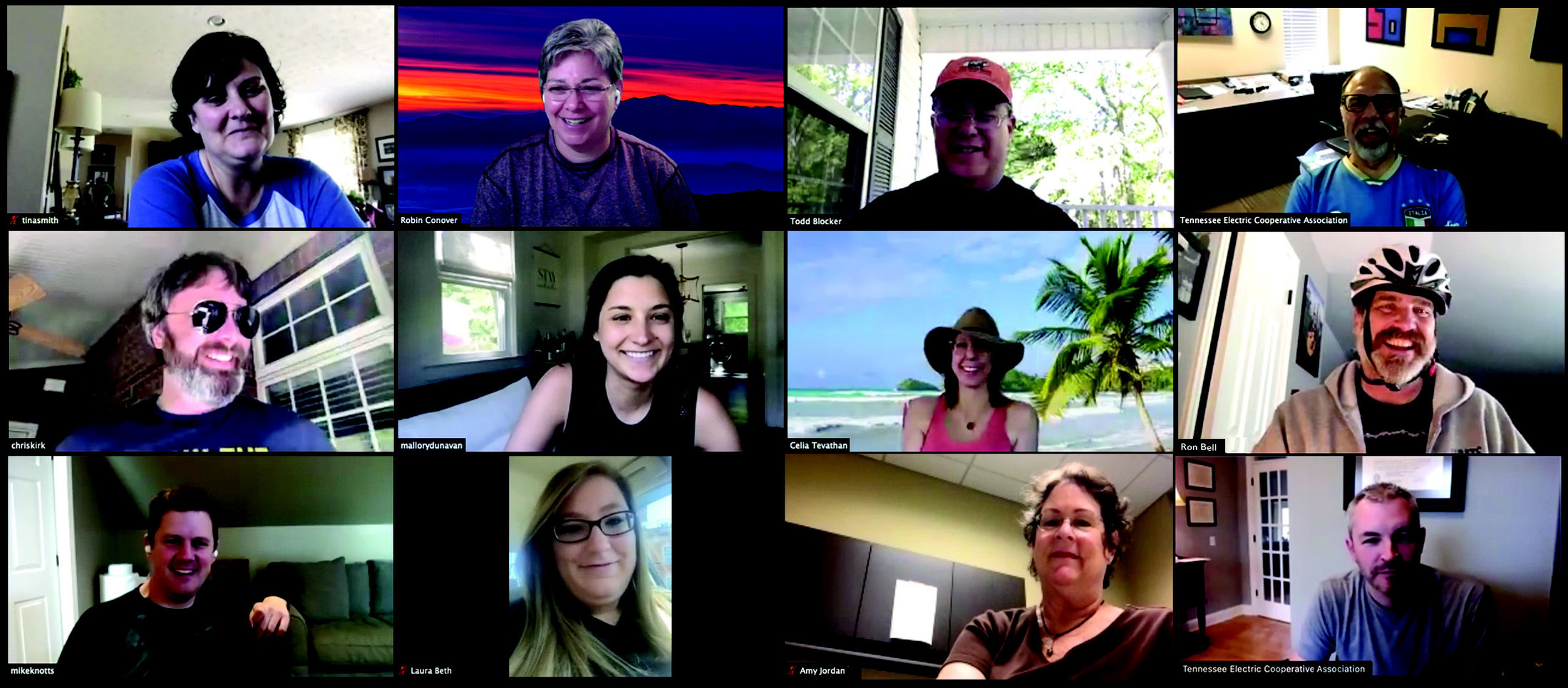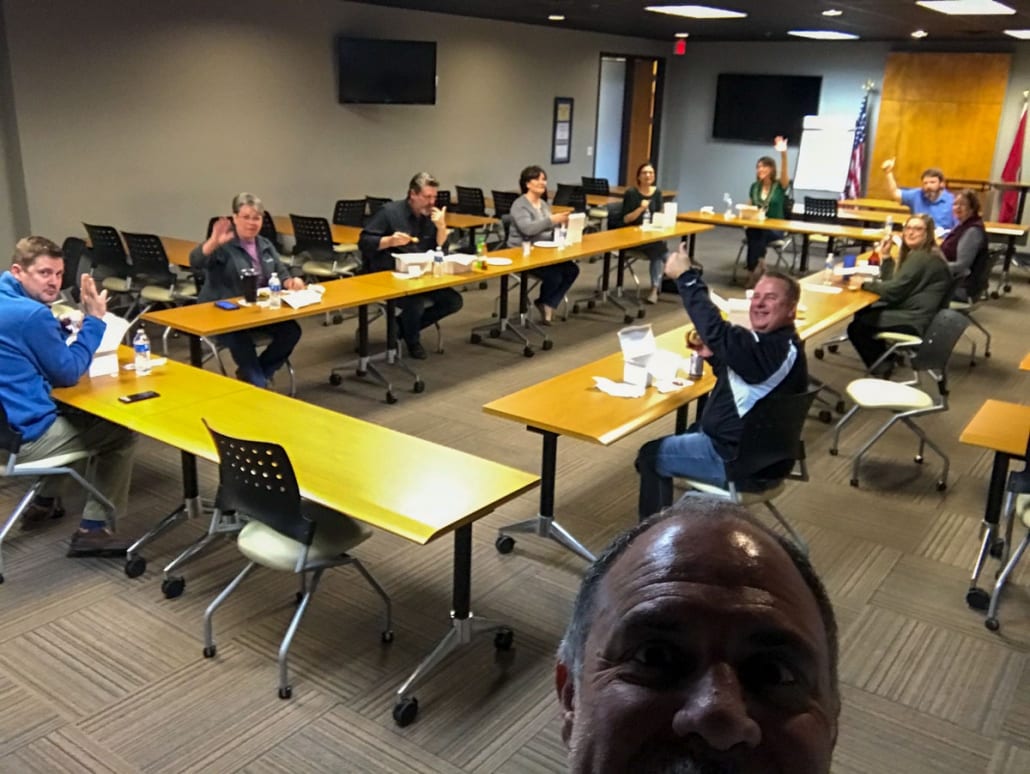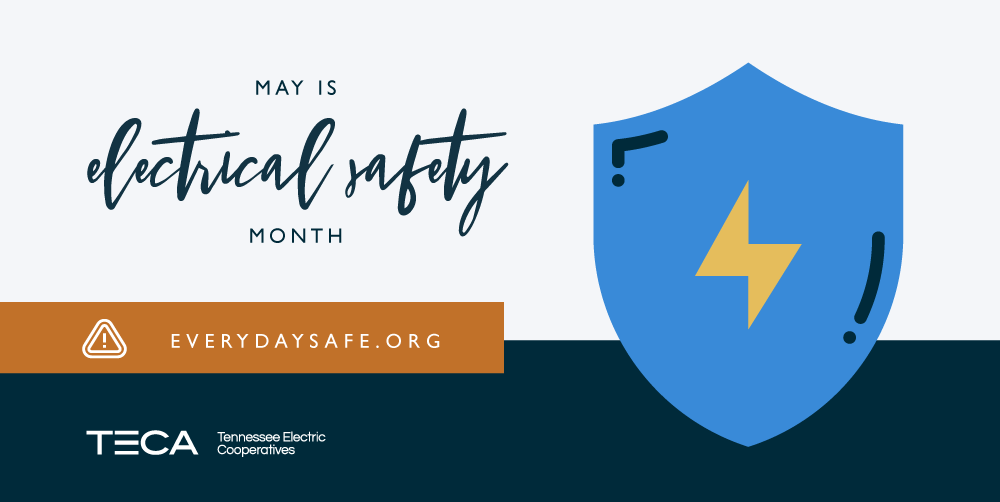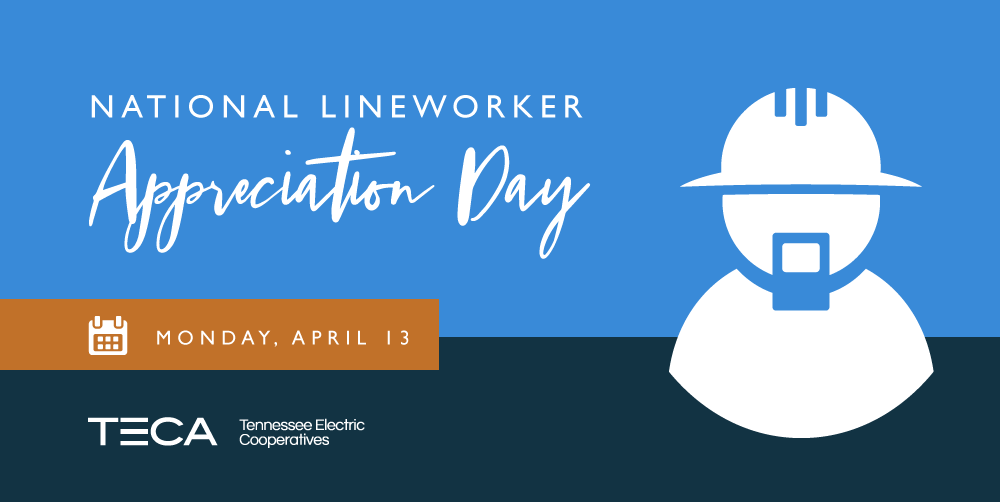MURFREESBORO, TN – The Tennessee Valley Authority (TVA) has approved the proposed merger between the Murfreesboro Electric Department (MED) and Middle Tennessee Electric (MTE), it was announced today.
“This represents the coming together of two excellent electric utilities that have coexisted very well in Murfreesboro for the past 80 years. We’re confident the result will be an even stronger entity with increased effectiveness for strengthening our mission of providing safe, reliable and low-cost services to all customers,” said Chris Jones, MTE’s president and CEO. “We would like to thank the City of Murfreesboro, its mayor and city council, the city management team, and our colleagues at Murfreesboro Electric for all of the collaboration and support. And we thank TVA for its very thorough examination and analysis of this opportunity.”
While MTE and the City will work to sign closing documents in the coming days, TVA’s regulatory review and approval was the last step needed to finalize the merger. The regulatory review process was required to determine if the transaction created value for all ratepayers, since TVA supplies wholesale electric power to both not-for-profit distributors and has oversight over such transactions, Jones said.
“The review concluded that this transaction is in the best interest of the affected ratepayers, and upholds our mission to serve the people of the Valley,” said Dan Pratt, TVA vice president of customer delivery. “It aligns with the values and principles of the Valley Public Power Model and reinforces our primary Regulatory role in protecting Valley ratepayers.”
As previously reported, MTE will pay $245 million for MED. With interest, the total payment will be $302 million over 15 years.
“MTE is an exceptional organization with incredibly strong leadership. The future benefits of the combined electric system to the ratepayers and the citizens of Murfreesboro are tremendous,” said Mayor Shane McFarland.
On again, off again talks of a possible merger were renewed in late 2018 when the city approached MTE about the possibility. Throughout last year, efforts to move toward that end culminated in the fall with a series of City Council workshops and listening sessions, meetings with employees and other stakeholders, a citywide open house, and a series of council votes ending in approval by the city in January of this year. Following unanimous approval from the MTE board, the paperwork for the TVA regulatory review was sent, also in January.
About Middle Tennessee Electric Membership Corporation (MTE)
Founded in 1936, Middle Tennessee Electric Membership Corporation is the largest electric co-op in the Tennessee Valley Authority (TVA) region and among the five largest in the U.S., serving more than 500,000 Tennesseans via 236,000+ accounts covering 2,100 square miles in 11 Middle Tennessee counties, primarily Rutherford, Cannon, Williamson, and Wilson counties. Municipalities served include Franklin, Smyrna, Lavergne, Lebanon and Mt. Juliet. MTE employs 420 people in 6 local offices and its Murfreesboro corporate headquarters.
About the Murfreesboro Electric Department (MED)
The Murfreesboro Electric Department has served the city and the surrounding area since 1939, covering approximately 55 square miles via 67,000 accounts and an estimated 136,000 residents. Like MTE, MED operates under a contract with The Tennessee Valley Authority (TVA), a corporate agency of the federal government. The TVA provides all electricity distributed by MED to its 67,000 customers. The Electric Department has approximately 90 employees, all located in downtown Murfreesboro.







